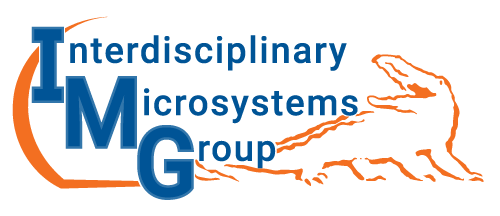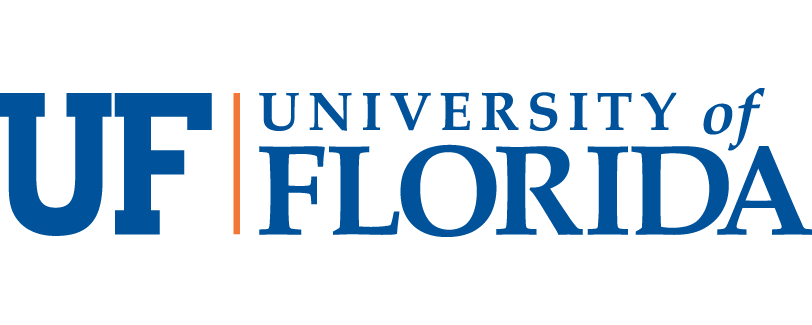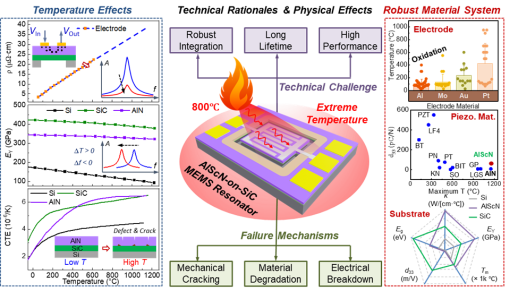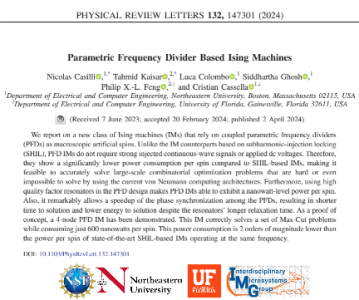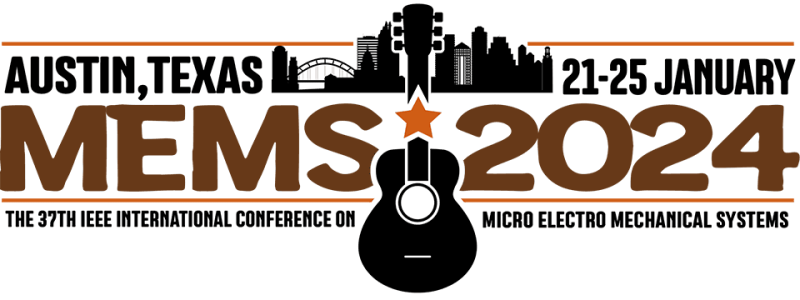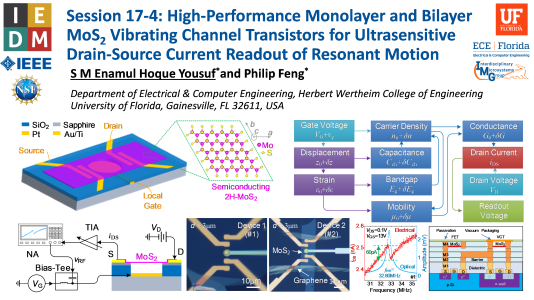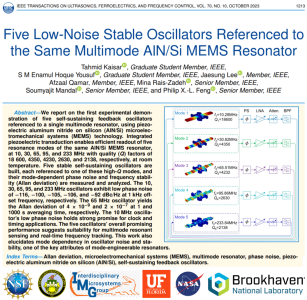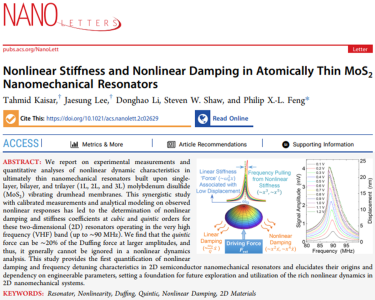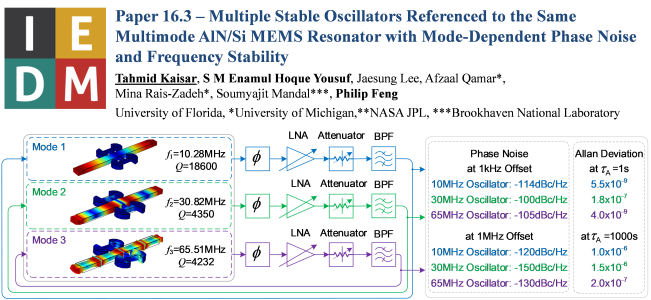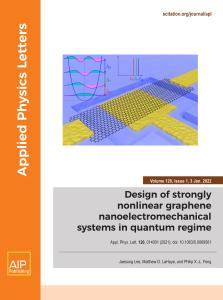Congratulations to Dr. Wen Sui and Prof. Philip Feng on their recent Applied Physics Letters publication!
Submitted by Minh-Chau Le on Fri, 07/12/2024 - 2:39pmCongratulations to recent IMG graduate, Dr. Wen Sui, and his advisor Prof. Philip Feng, on the publication of their research article, “AlScN-on-SiC microelectromechanical Lamb wave resonators operating at high temperature up to 800°C”, in Applied Physics Letters.
Paper link: https://doi.org/10.1063/5.0185606
